The relevance of examining modelling methods in academic electronic libraries is justified by the need to understand the library’s structure and ensure its operation in technological terms. The purpose of this study is to analyse the applied modelling methods for electronic libraries serving Kazakhstani and international higher education institutions. The study employed basic (structural, comparative- comparative) and additional (analytical-synthetic, graphical) methods. During this study, it was found that the main modelling methods for modern electronic libraries include the following: conceptual (content) with the establishment of a clear hierarchy between objects of the electronic library and attributes of search queries, logical using search categorisation, informational employing the semantic principle of material construction, and systemic-functional ensuring a balance between functions, structure, technologies, and management system. In particular, after modelling the structure of Kazakhstani, British, and American digital libraries at universities, it was determined that the Electronic Library Collection of Yale University is built on the method of logical modelling, the Electronic Library at Eurasian National University named after L. N. Gumilyov uses the systemic-functional method, the Cambridge University Electronic Library employs the informational method, and the Al-Farabi Library uses the conceptual (content) method. When examining the technological parameters of electronic libraries, it was found that Kazakhstani libraries are focused on the principle of genre distribution of materials, while British and American libraries focus on thematic segmentation of materials. This study can be further used to present a comparison of models of electronic libraries, develop ways to improve the technological parameters of digital library resources, and methods to enhance the search query system.
key words: structure, university, digital space, search query, attributes.

